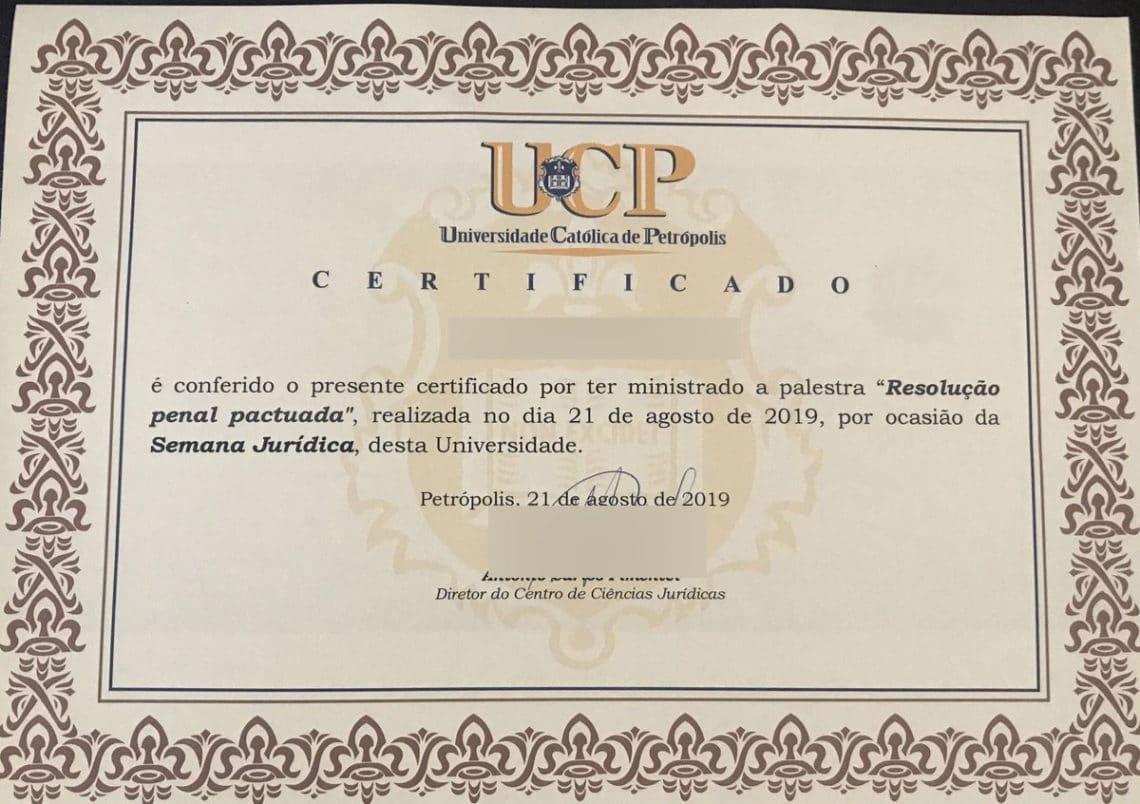Portuguese is a major world language spoken across multiple continents, with over 250 million speakers globally. Studying it at degree level will not only see you unlock access to a wealth of culture, literature and travel opportunities, but open up a range of potential career pathways once you graduate.
The degree will last four years, as you’ll usually spend your third year abroad in a Portuguese-speaking country (or split, if you choose to study two languages). The initiative-taking and problem-solving skills you learn along the way will be invaluable to future employers.
Which careers can Portguese graduates go into?
Some of the more traditional routes Portuguese graduates take on finishing their degree include teaching at various levels of the education ladder – this could include teaching Portuguese in the UK or English in Brazil, for example.
Another option open to you would be to specialise as a translator or interpreter, which could see you working in international organisations or taking on freelance projects.
What other jobs can I do with a Portuguese degree?
Many language graduates also go into fields which don’t necessarily require Portuguese on a day-to-day basis, but see them put into practice a range of skills picked up over the course of the degree.
For instance, you’ll have learnt to conduct thorough research and present your findings in a clear way, developing communication skills – these would be useful for a career in journalism, publishing or consultancy. Other career pathways could include diplomacy or roles in the tourism industry.
Can I go into a career in law as a Portuguese graduate?
Your language skills will no doubt be an asset if you want to launch a career in law – particularly for international law firms that will regularly send trainees to their offices around the globe.
As a non-law graduate, you’ll need to complete a conversion course before going on to qualify to practise as a solicitor or barrister.



